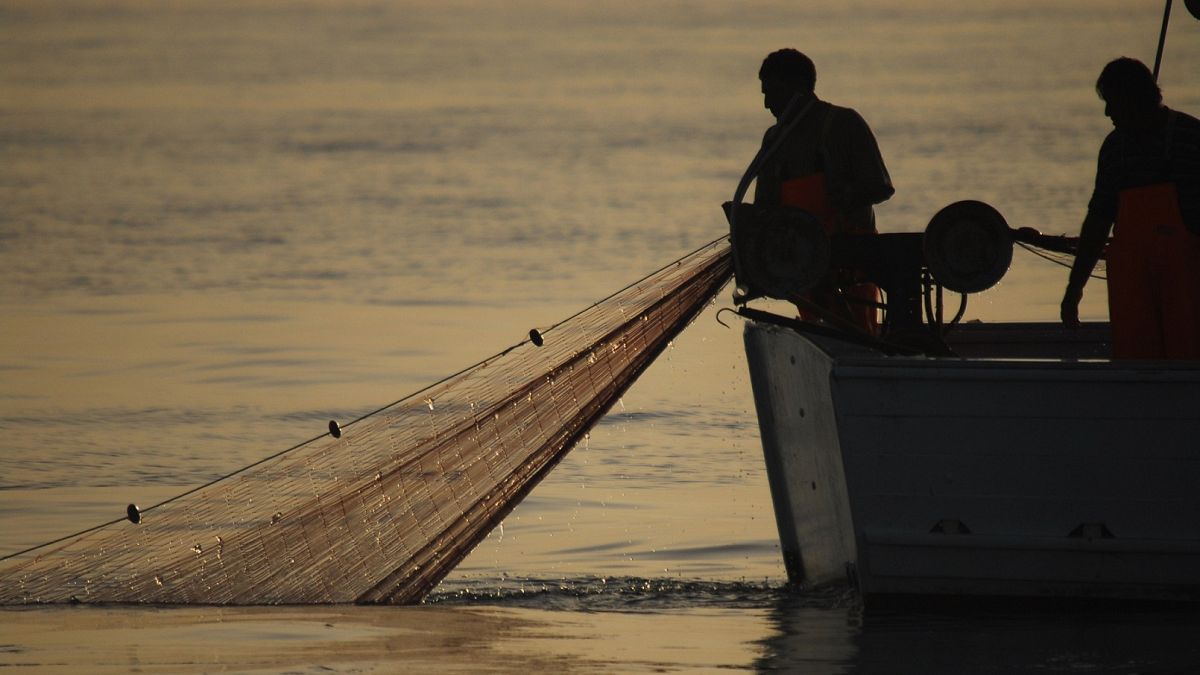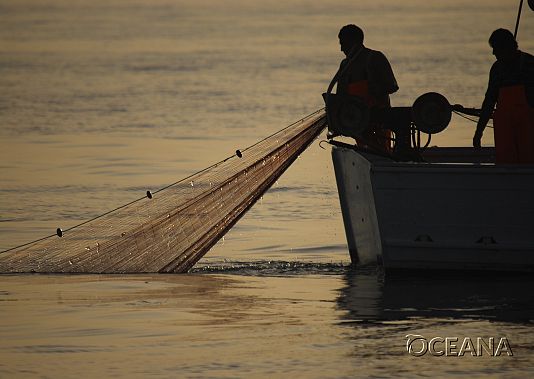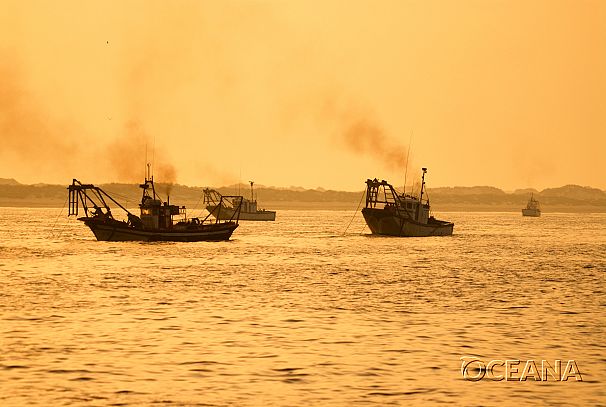The ongoing revision of the Fisheries Control Regulation provides a crucial opportunity to remove the continuing veil of secrecy that shrouds member states’ efforts to control their fishing fleet and that has allowed infringements of EU law to go unpunished.
The ongoing revision of the Fisheries Control Regulation provides a crucial opportunity to remove the continuing veil of secrecy that shrouds member states’ efforts to control their fishing fleet and that has allowed infringements of EU law to go unpunished.
The EU is the largest market for seafood products in the world. Not only does the EU import more than 60% of the seafood it consumes, it boasts a large fishing industry with a gross value added of €4.6 billion, generated by more than 75,000 EU fishing vessels and employing over 150,000 people.
Despite the large scale of the European fisheries market, the size of its fleet and the tireless efforts of the EU to keep its market free from illegal seafood, there are certain parts of the fisheries sector that still operate in the shadows. While the COVID-19 pandemic poses a significant challenge to livelihoods and jobs, not least within the fishing industry, the ongoing revision of the Fisheries Control System, which has been taking place since May 2018, is an opportunity to level the playing field for fishers across the EU and ensure the transparency of this sector.
The Fisheries Control System monitors fisheries in European waters and the activities of EU vessels in foreign waters; the aim is to ensure that their activities fall in line with EU laws which seek to secure long-term sustainable fisheries.
Outdated derogations for small-scale vessels
Exemptions in the Fisheries Control Regulation have allowed 89% of the EU fishing fleet to fish without location trackers, devices that are currently only required for vessels over 15 metres in length. Fishing vessels under 10 metres, of which there are more than 59,000 in the EU, also do not have to declare their catches. Further to this, it is worth noting that most of the unreported fishing activities by boats under 10 metres take place in the Mediterranean, where nearly 80% of fish stocks are overexploited.
A decade has passed since these exemptions were put in place. During this time, thanks to the latest technologies, small and cost-effective electronic devices have been developed which are able to locate vessels, contributing to the safety of fishers in case of need and supporting more effective sustainable fisheries management. Realistic and affordable solutions are available today and small-scale vessels have already successfully installed such trackers on a voluntary basis in some regions, such as Andalucía in Spain. The review of the Fisheries Control Regulation is a critical opportunity to withdraw these exemptions and ensure that each fish caught in the EU is counted.
Uneven and lax application of the rules
To this day, there is no publicly available information that shows – on an aggregated level – how many inspections have been carried out in each country and what sanctions were applied when infringements were detected. This opacity has facilitated the lack of implementation of EU control measures, resulting in a situation where, according to a 2018 European Commission impact assessment, the current Fisheries Control System does not effectively promote a culture of compliance. Significant loopholes have emerged in the implementation of current enforcement rules, meaning that non-compliant fishers can walk free or receive different types of penalties for the same infringement, depending on the member state to which their vessel is flagged. This puts the objectives of the Common Fisheries Policy to secure sustainable fisheries at risk and hinders the creation of a level playing field throughout the EU.
Persistent lack of transparency
There is currently no EU-wide public information available on member states’ efforts to control their fleets, to stop illegal, unreported and unregulated fishing in their waters, or to prevent illegal catches from entering the EU seafood market. For food safety, by contrast, the European Commission has created a publicly accessible interactive map to show its audits of member states.
The lack of transparency on member state control, enforcement and sanctioning has persisted, even after severe shortcomings were found in the implementation of the Fisheries Control Regulation in Denmark and Ireland (who together are responsible for 20% of the EU’s total catches in volume). Despite the European Commission initiating infringement procedures against these member states, no additional transparency requirements were created. To bring such infringements to light, NGOs launched the interactive map ‘Holes in the Net.’
We, the EU Fisheries Control Coalition, urge Members of the European Parliament and the Council of Ministers to introduce measures that effectively close these holes in the net and address the gaps in enforcement that have persisted over the past decade. As a matter of urgency, we ask the EU to require tracking and reporting for all EU vessels in order to meet the objectives of the Common Fisheries Policy, rebuild fish populations, ensure the safety of our fishers and guarantee the livelihoods of future generations who depend on our seas to be full of life.
- Vanya Vulperhorst is Campaign Director Europe for Oceana. She wrote this article on behalf of the EU Fisheries Control Coalition.
____________
Are you a recognised expert in your field? At Euronews, we believe all views matter. Contact us at view@euronews.com to send pitches or submissions and be part of the conversation.


